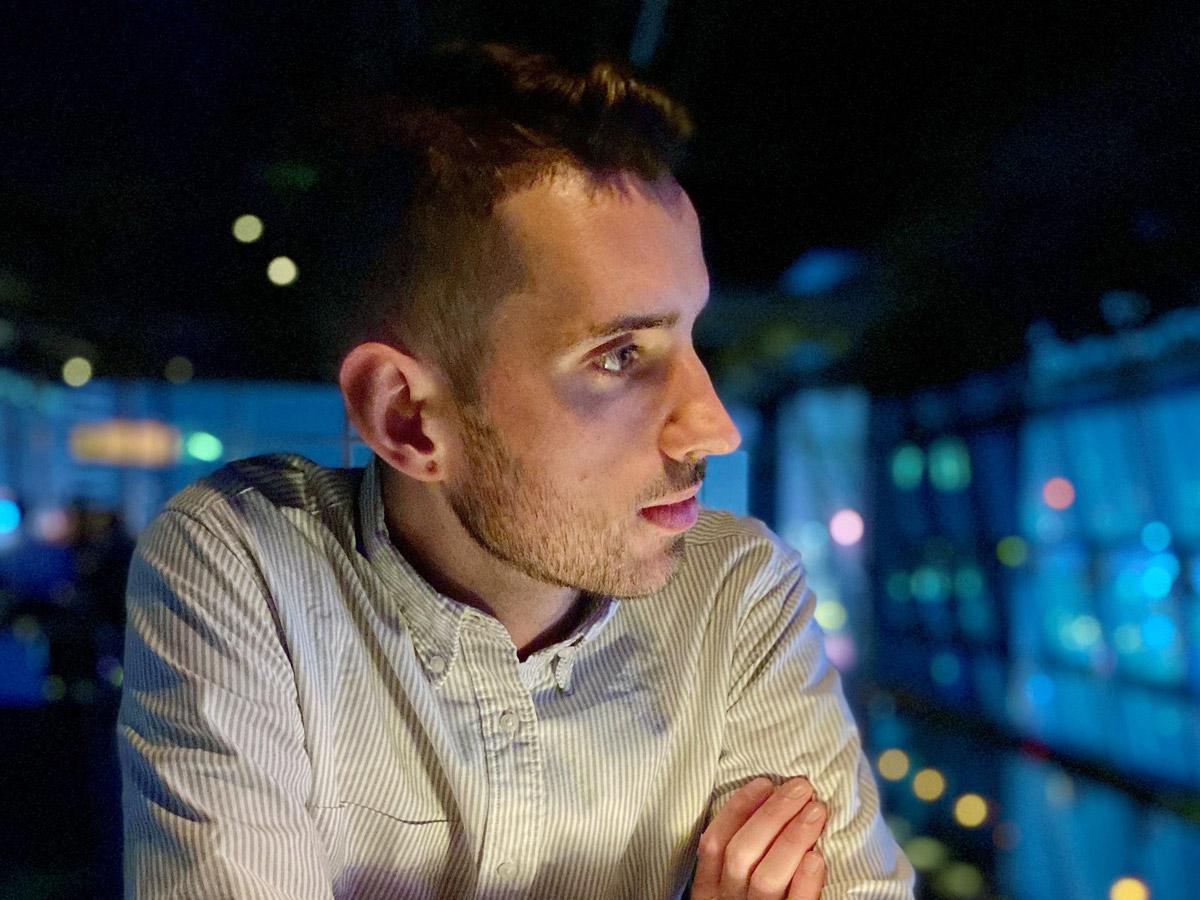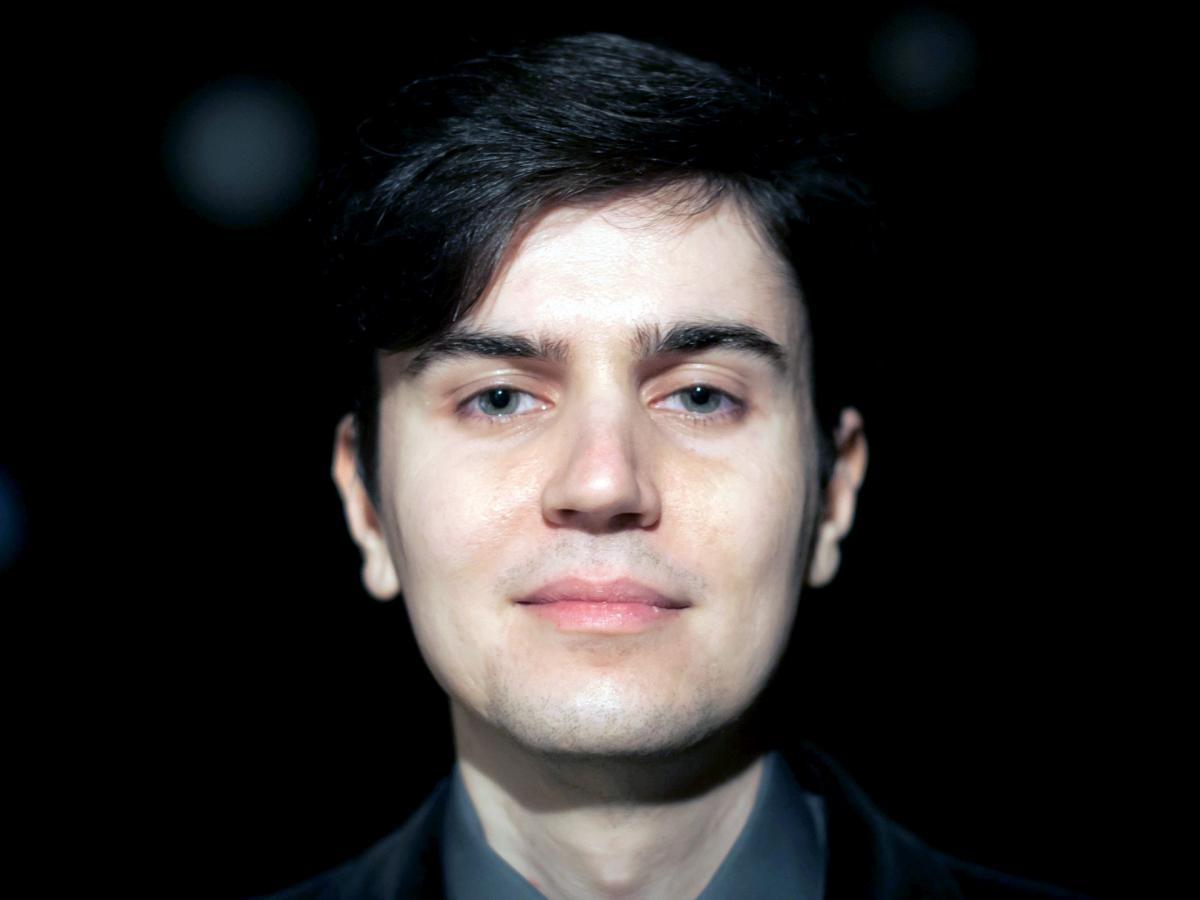New Ramsay Fellows to lead physical sciences' research
The University of Adelaide’s newest Ramsay Scholars will conduct trailblazing research spanning computational materials science to novel statistical and machine learning for astrophysical phenomena.
Dr Jack Evans and Dr Gabriel Collin collectively offer years of globe-spanning research and scientific collaboration, with individual work encompassing hubs in Antarctica, France, Germany, and the United States.
Both new Ramsay Fellows will introduce their research at the upcoming annual Ramsay Fellowship Seminars on December 2.

Dr Jack Evans
Dr Evans is revolutionising the way we simulate the counterintuitive mechanical properties of exciting new materials.
“My research is inspired by materials that appear to break the rules of nature, like invisible cloaks or bendable crystals,” said Dr Evans.
Dr Evans’ research pushes the boundaries of computational chemistry and seeks to harness the fundamental properties of matter to develop new materials. Tinkering with the geometry, chemistry and electronics of materials alters their mechanical behaviour, opening an impressive world of futuristic technological applications.
“I study porous materials which use bendable behaviour to act like fancy sponges. Some of these materials can spontaneously shrink and release gas — like ‘burping’ crystals.
"This exciting phenomenon enables new technologies, such as nano-sized pneumatic movement,” said Dr Evans.
“Harnessing this movement for chemical reactions, to rip molecules apart or push them together, allows us to make chemicals in a very different way from traditional chemistry.”
Dr Evans is welcomed home by the chemistry department in the School of Physical Sciences, after he completed his PhD at the University of Adelaide in 2016. Since then, he relocated to several international research groups in France (Chimie, ParisTech) and Germany (TU Dresden).

Dr Gabriel Collin
Dr Collin is using novel statistical and machine learning methods to probe the origins of gamma rays – a physical phenomenon with mysterious signatures at the centre of the Milky Way Galaxy.
Dr Collin will join the Department of Physics and aims to develop new data analysis techniques for investigating gamma-rays that emanate from the centre of our galaxy.
These techniques will determine if the observed gamma-rays are created by dark matter, or by an as-yet unknown population of objects such as pulsars.
“I’m looking forward to working with the particle and astrophysics groups at the University of Adelaide, while forging a new line of research in astrostatistics,” said Dr Collin.
After graduating from the Bachelor of Philosophy program at Australian National University, Dr Collin moved to the United States to pursue postgraduate research in experimental particle physics at the Massachusetts Institute of Technology.
Upon completion of his PhD at MIT, Dr Collin later worked as a postdoctoral associate at the Institute for Data, Systems, and Society at MIT.
Dr Collin’s research career has notably included time with the IceCube South Pole Neutrino Observatory and work on the Nu-STAR X-ray space telescope.
The University of Adelaide Ramsay Fellowships enrich research in the natural sciences over a four-year funding program. The program was establishment in 2008 with a significant bequest from the Ramsay Family.
The annual seminar on December 2, 2021 will be held online and also features presentations by current fellows Dr Fiona Whelan and Dr James Quach.
Guest author: This article was written by University of Adelaide science student and emerging science communicator Holly Cooke.
